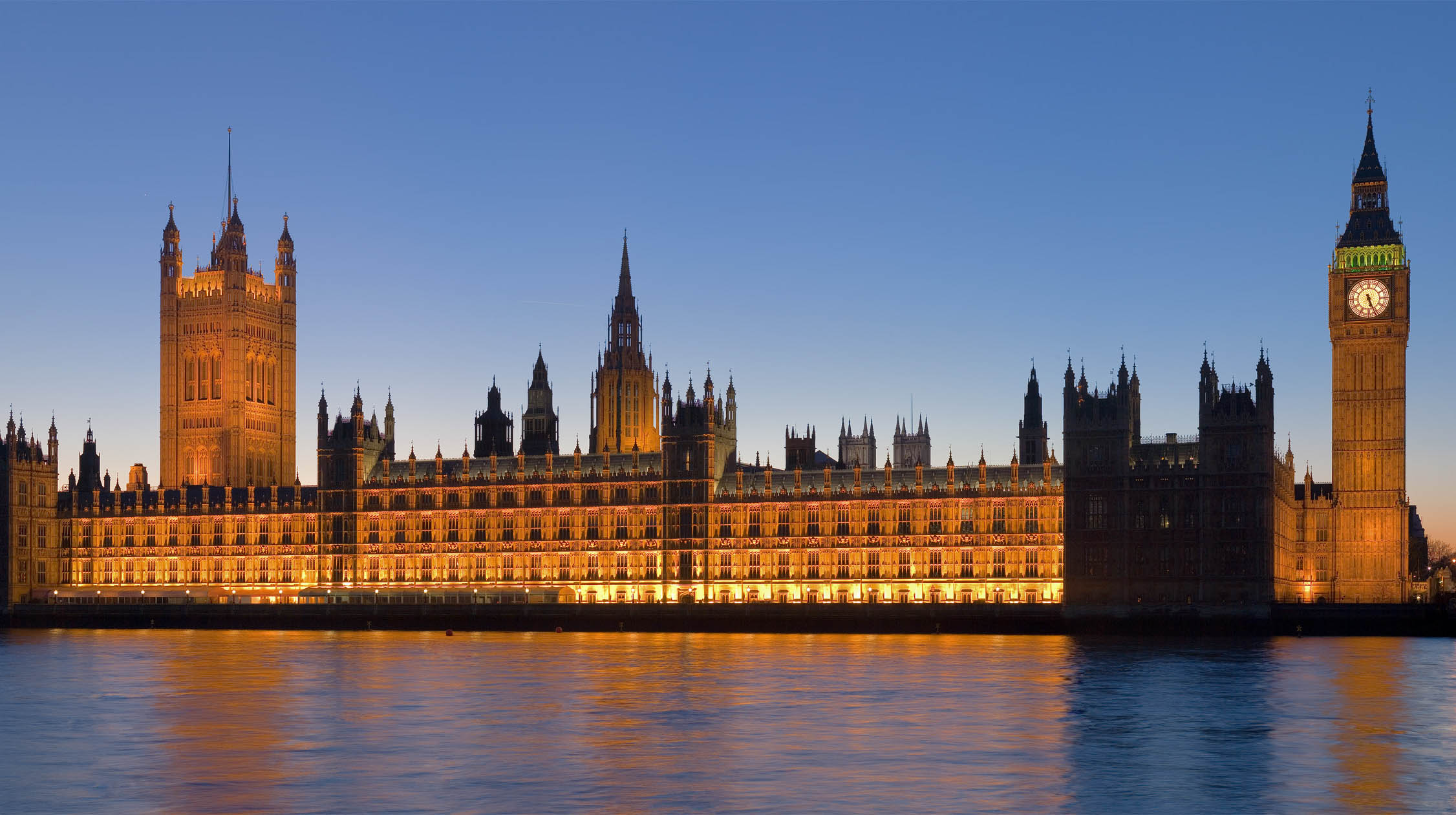The Digital Economy Bill is now law
Minimum broadband speeds set at 10Mbps, down from Lords’ 30Mbps proposal


The Digital Economy Bill received Royal Assent yesterday, meaning it is now law.
The government rejected calls from the House of Lords to raise minimum broadband speed to 30Mbps, settling for a lower 10Mbps minimum, widely regarded as insufficient.
It had been passed by the Lords earlier this month with amendments including a provision for a Universal Service Obligation (USO) that will give people the legal right to request broadband speed of a certain level. The Lords passed an amendment setting this at 30Mbps.
However, in a bid to get the bill passed before Parliament is dissolved next week prior to the snap general election, the government rejected the proposal.
Speaking in the Commons, Minister of State for Digital and Culture, Matt Hancock, said this amendment would be "counterproductive to the implementation of a USO, because of the risk of legal challenge and the delay that that would cause".
With the download speed set at 10Mbps minimum, Hancock said that the government would ask Ofcom to review this speed once take-up of superfast broadband had reached 75%.
"That gives the assurance that any USO speed will be reconsidered once a substantial majority of subscribers are on superfast [broadband]," he added.
Sign up today and you will receive a free copy of our Future Focus 2025 report - the leading guidance on AI, cybersecurity and other IT challenges as per 700+ senior executives
Labour's shadow digital minister Louise Haigh said that it was "disappointing that more of an effort was not made in an earlier stage of the bill's passage to test that argument, given that Ofcom has clearly made the case that it is better value for money for the taxpayer to intervene in the market now and futureproof it for a speed of 30Mbps."
"This was an opportunity to prepare the UK for the ubiquitous future demanded by the digital revolution, and although the government's amendment is a first step, it is a baby step and nothing more," she added.
Hancock said in a statement that the legislation will help "build a more connected and stronger economy".
"The act will enable major improvements in broadband rollout, better support for consumers, better protection for children on the Internet, and further transformation of government services," he added.
The act also includes provisions to give every household a legal right to request a fast broadband connection and enable consumers and businesses to get better information about communication services, easier switching and automatic compensation if things go wrong.
The bill also creates civil penalties for online pornographers who do not verify the age of their customers, and ISP level blocking of non-compliant sites.
Rene Millman is a freelance writer and broadcaster who covers cybersecurity, AI, IoT, and the cloud. He also works as a contributing analyst at GigaOm and has previously worked as an analyst for Gartner covering the infrastructure market. He has made numerous television appearances to give his views and expertise on technology trends and companies that affect and shape our lives. You can follow Rene Millman on Twitter.
-
 Gender diversity improvements could be the key to tackling the UK's AI skills shortage
Gender diversity improvements could be the key to tackling the UK's AI skills shortageNews Encouraging more women to pursue tech careers could plug huge gaps in the AI workforce
-
 Researchers claim Salt Typhoon masterminds learned their trade at Cisco Network Academy
Researchers claim Salt Typhoon masterminds learned their trade at Cisco Network AcademyNews The Salt Typhoon hacker group has targeted telecoms operators and US National Guard networks in recent years
